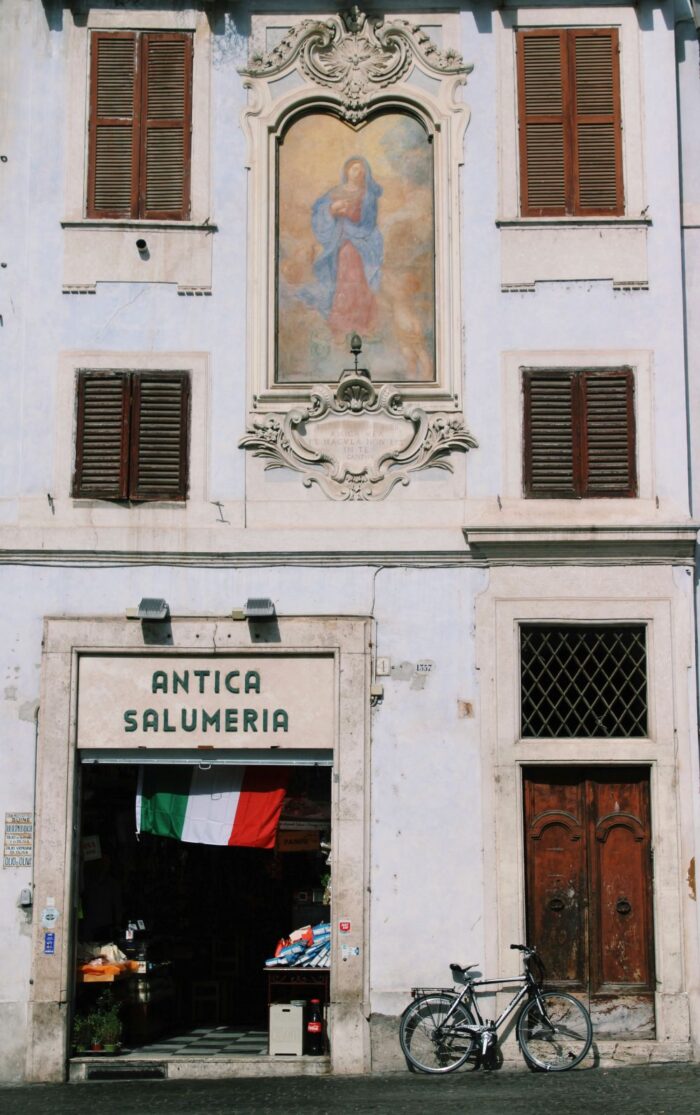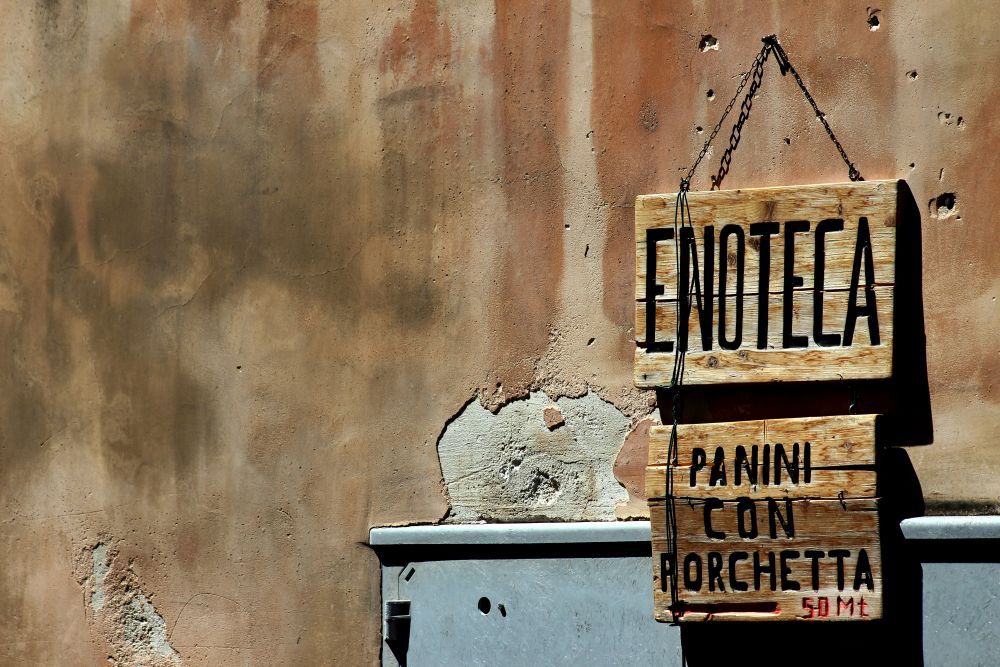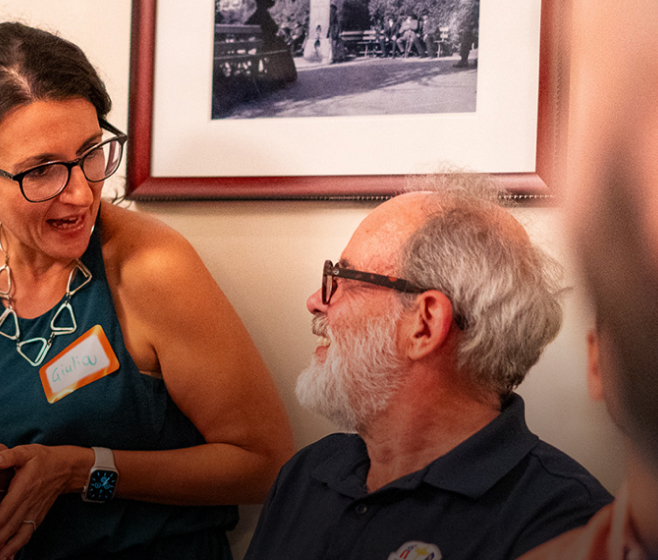
Lost in translation: 10 untranslatable Italian words that reveal the soul of Italy
Language is more than vocabulary—it’s a window into how a culture thinks, feels, and connects. Italian, with its rhythm, emotion, and nuance, offers countless words that resist translation—not because English lacks equivalents, but because Italian captures something deeper, more specific, or more beautifully vague.
At Istituto Italiano Scuola, we believe learning a language means learning a worldview. These 10 Italian words don’t just add flair to your vocabulary—they help you speak (and feel) Italian.
- Magari
“If only…” / “Hopefully…” / “I wish…”
This little word can express hope, longing, or even envy—depending on how you say it.
- “Vuoi venire in Italia con noi?” → Magari!
- “Magari avessi più tempo…” → “If only I had more time…”
Magari is a sigh, a spark, a daydream—wrapped in seven letters.
- Menefreghismo
A proud kind of indifference.
From me ne frego (“I don’t care”), this word captures a philosophical stance: not apathy, but intentional disregard. It can be admirable—like refusing to conform—or annoying, like ignoring the rules on purpose.
Italians value passion, but also know when not to care too much.
- Struggimento
Deep, poetic, often romantic longing—tinged with pain.
More intense than nostalgia, struggimento describes an emotional ache: for a lost love, a missed opportunity, or even just beauty too perfect to hold. It’s found in poetry, cinema, and hearts across Italy.
It’s feeling everything, all at once—and knowing you can’t fix it.

- Mammone
A grown adult who still lives with and is deeply attached to their mother.
In Italy, it’s common (and often economical) for adults to live with their parents. But mammone suggests something more: a mother-son bond that’s… unbreakable. Often used teasingly—but not without affection.
“He’s 34, lives with mamma, and she still does his laundry.”
→ Un classico mammone.
- Abbiocco
That delicious drowsiness after a big Italian lunch.
You know the feeling: full stomach, warm sun, and a strong desire to nap. That’s abbiocco. No work meeting or email can fight it.
At IIS, we recommend light lunches before afternoon classes—per evitare l’abbiocco!
- Controra
The quietest time of day in southern Italy—early afternoon silence.
More than a siesta, la controra is a cultural moment: the heat is intense, shutters are closed, streets are empty. A time for rest, reflection, or ghost stories whispered between naps.
In dialects of Puglia, Basilicata and Calabria, controra is sacred.
- Apericena
Not quite aperitivo, not quite dinner—always social.
It starts with drinks, continues with finger food, and often ends as dinner. Apericena is a modern Italian ritual: social, relaxed, and very Milano.
It’s where Italians say “Let’s just grab a drink” and stay for three hours.

- Dietrologia
The belief that there’s always something hidden behind the official story.
From dietro (“behind”), this word captures an Italian instinct: to question, suspect, and read between the lines. Especially in politics, media, or even simple gossip.
Trust, but with a raised eyebrow.
- Gattara
An older woman who feeds and cares for stray cats—devotedly.
Once a stereotype, now a term of pride. Every Italian city has its gattare, often seen placing food along ancient ruins or narrow alleys, caring for entire feline colonies.
Rome’s cats owe their lives to the gattare of Largo Argentina.
- Pantofolaio
A homebody. Someone who loves slippers more than nightclubs.
Derived from pantofole (slippers), a pantofolaio prefers evenings at home, movies on the couch, and early bedtime over parties or travel. It’s not a flaw—it’s a lifestyle.
Are you a pantofolaio? Embrace it. Italy gets you.
Learn the words that can’t be translated
At Istituto Italiano Scuola, we don’t just teach grammar—we teach culture, rhythm, and real-life Italian. These words aren’t just vocabulary—they’re keys to thinking, feeling, and living like an Italian.
From abbiocco to struggimento, our classes dive into what makes Italian unique—through conversation, literature, music, and cultural exploration.
Because learning a language should never be just about memorizing—it should be about belonging.
Ready to explore the Italian language from the inside out? Join us in our upcoming Summer Term adults group classes!
“Words are the clothing of thought.”



